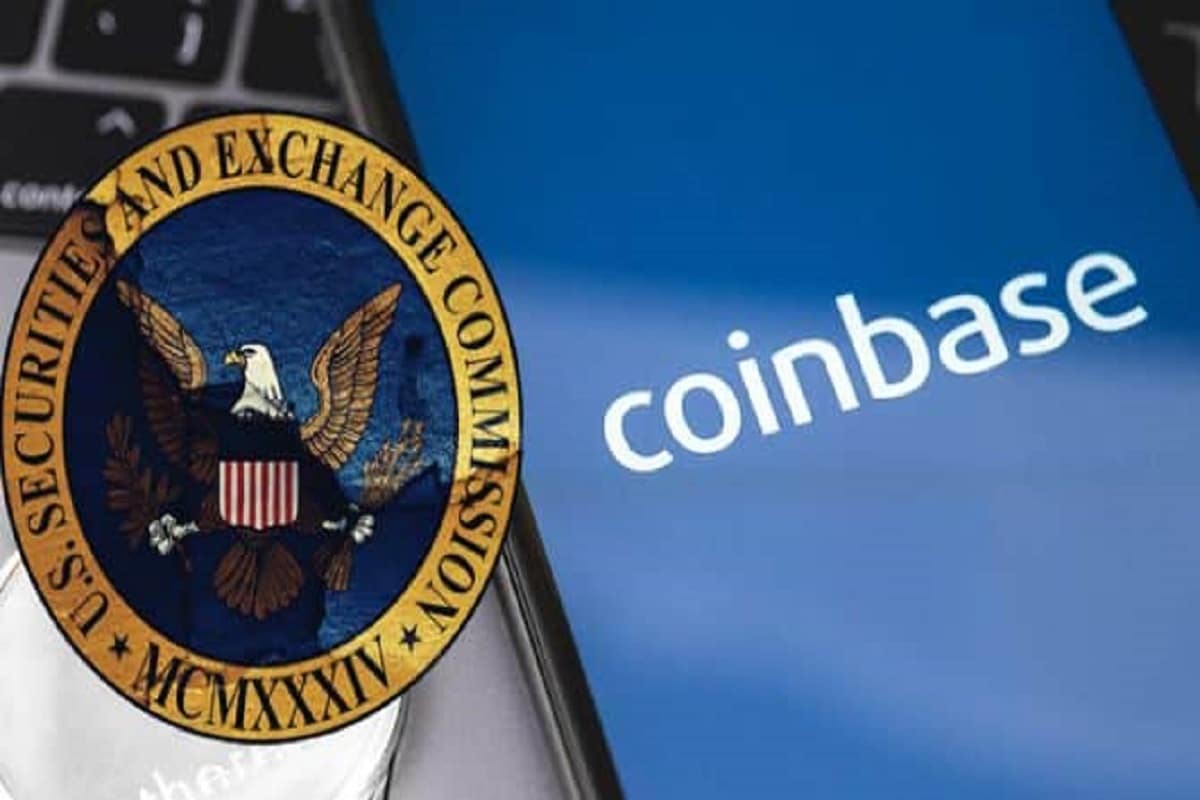The Central Bank of the United Arab Emirates (CBUAE), in collaboration with other regulatory bodies, has unveiled a set of comprehensive guidelines targeting virtual asset service providers (VASPs) operating within the country. The new guidance includes stringent penalties for VASPs found to be operating without the necessary licenses. This move is part of the UAE’s broader efforts to improve its standing with international financial regulatory bodies, such as the Financial Action Task Force (FATF), and ultimately, to be removed from the FATF’s “grey list.”
On November the National Anti-Money Laundering and Combating Financing of Terrorism and Financing of Illegal Organisations Committee (NAMLCFTC) and the CBUAE jointly released a list of “Red Flags” for VASPs. This list includes several indicators that can help identify suspicious parties, such as the absence of a regulatory license, making unrealistic promises, poor communication practices, and a failure to provide regulatory disclosures.
The key highlight of the new guidance is the expectation that all licensed financial institutions (LFIs), designated non-financial businesses and professions (DNFBPs), and licensed VASPs must report transactions involving suspicious parties. The guidance emphasizes the importance of reporting any information related to unlicensed virtual asset activities through whistleblowing mechanisms. This reporting will assist regulatory authorities in their efforts to enforce the law and safeguard the UAE’s financial system.
UAE Penalties for Unlicensed VASPs
The newly published document also outlines the penalties that unlicensed VASPs may face when operating in the region. Such penalties may include civil and criminal sanctions, with financial sanctions imposed on the entity itself, as well as its owners and senior managers. Furthermore, the guidance emphasizes that LFIs, DNFBPs, and licensed VASPs found to be engaging with unlicensed VASPs may also face legal actions from law enforcement agencies.
In a press release, His Excellency Khaled Mohamed Balama, the Governor of the CBUAE and Chairman of the NAMLCFTC, shed light on the rationale behind the new guidance. He pointed out that as digital assets have become more accessible, the need to combat various forms of financial crimes has intensified. Balama emphasized the importance of these measures in upholding the integrity of the UAE’s financial system as the digital economy continues to evolve.
The country found itself on the FATF’s grey list in March 2022, subjecting it to increased monitoring due to deficiencies in its Anti-Money Laundering (AML) and Combating the Financing of Terrorism (CFT) regimes. However, the country swiftly committed to working closely with the global watchdog to strengthen its AML and CFT frameworks.
According to area lawyer Irina Heaver, who specializes in financial regulations, significant reforms have been enacted in the UAE since its placement on the grey list last year. These reforms include updates to its AML and CFT regulatory frameworks. If the UAE continues to demonstrate consistent compliance with international standards, it may soon see its removal from the FATF’s grey list. The next FATF review is expected in April or May 2024, offering a potential opportunity for the UAE to regain its standing in the global financial community.





